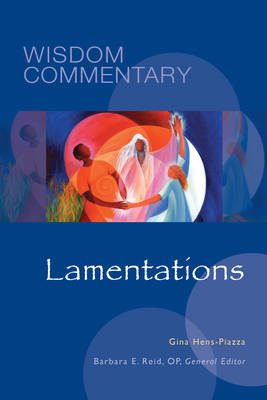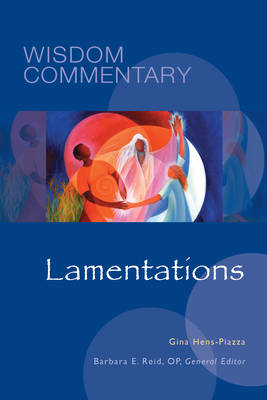
- Retrait gratuit dans votre magasin Club
- 7.000.000 titres dans notre catalogue
- Payer en toute sécurité
- Toujours un magasin près de chez vous
- Retrait gratuit dans votre magasin Club
- 7.000.0000 titres dans notre catalogue
- Payer en toute sécurité
- Toujours un magasin près de chez vous
Description
Though the five poems of Lamentations undoubtedly refer to the Babylonian siege and destruction of Jerusalem in 587 BCE, the multiple voices that narrate unspeakable suffering and labor to make sense of the surrounding horror do so at women's expense.
In the opening chapters, a prevailing metaphor of Jerusalem as a woman (Woman Zion) portrays a weeping widow, abandoned and alone, who soon becomes the target of blame for the downfall of the city and its inhabitants. Vague sexual improprieties craft the basis of her sinfulness, seemingly to justify her immense suffering as punishment. The damning effect of such a metaphor finds company in subsequent accounts of women, young girls, and mothers--all victims of the destruction recorded therein. But this feminist interpretation of Lamentations does not stop at merely documenting the case against women; it also demonstrates how such texts can serve as sources of strength by lifting up portraits of courageous resistance amid the rubble of misogynist landscapes.
Spécifications
Parties prenantes
- Auteur(s) :
- Editeur:
Contenu
- Nombre de pages :
- 168
- Langue:
- Anglais
- Collection :
- Tome:
- n° 30
Caractéristiques
- EAN:
- 9780814681541
- Date de parution :
- 15-07-17
- Format:
- Livre relié
- Format numérique:
- Genaaid
- Dimensions :
- 152 mm x 231 mm
- Poids :
- 340 g

Les avis
Nous publions uniquement les avis qui respectent les conditions requises. Consultez nos conditions pour les avis.






